A series of photographs taken on the singing beach during the filming of Paradise Paradigm (by Britta Boyer)
Other waste streams.
The fashion industry has contributed to shaping foreign perceptions of Bali, as well as it having great socio-environmental consequences. If it can help shape the developments negatively, then I would argue that equally, it could be a powerful agent of change if we can use it as a means to engage people and build knowledge. There is no question that politics influences culture, and though somewhat contradictory at times, fashion can produce both a topic and dystopian vision - one we may wish for and one we may fear.
How can fashion help to communicate values, i.e. place, community and nature – interconnections between places, people, ecological context and economies?
Localism is a growing movement of place, community and nature. This reflexive output seeks to explore localism in the context of fashion, investigating the dynamic interconnections between specific places, people, ecological contexts, economies and the provision and expression of fashion clothes.
In localism, place matters. Local ecosystems provide both resources and constraints to an area’s activity. People and communities evolve within unique natural and social assets of where they are based. Ecosystem health is preserved through the local adaptation of knowledge, products, cultures and practices.
Fashion is a complicated business. Determining its footprint is an overwhelming challenge due to the immense variety from one garment to the next and one shoe to another. Bali's image has been changed by the fashion industry when it became part of the fashion map and equally its players can be engaged to become agents of change. It has a responsibility to be an agent of change when fashion is discussed as being the 2nd largest polluting industry after oil.
The global textile industry discharges 40,000 – 50,000 tons of dye into the water system, which contributes to an estimated 17 to 20% of the world’s industrial water pollution. Given that textile-dyeing facilities tend to be located in developing countries, where regulations are lax and labor costs are low, untreated wastewater is often discharged into nearby rivers, which in turn finds its way into the world’s seas and oceans. The Citarum River in Indonesia is one of the most heavily polluted in the world, due to the hundreds of textile factories that line its riverbanks (Greenpeace, 2017).
++++++
Eco Bali have just sponsored Gary Bencheghib of "make a change world" whose aim was to highlight the issue of the citarum river - check out the campaign on social media #plasticbottlecitarum

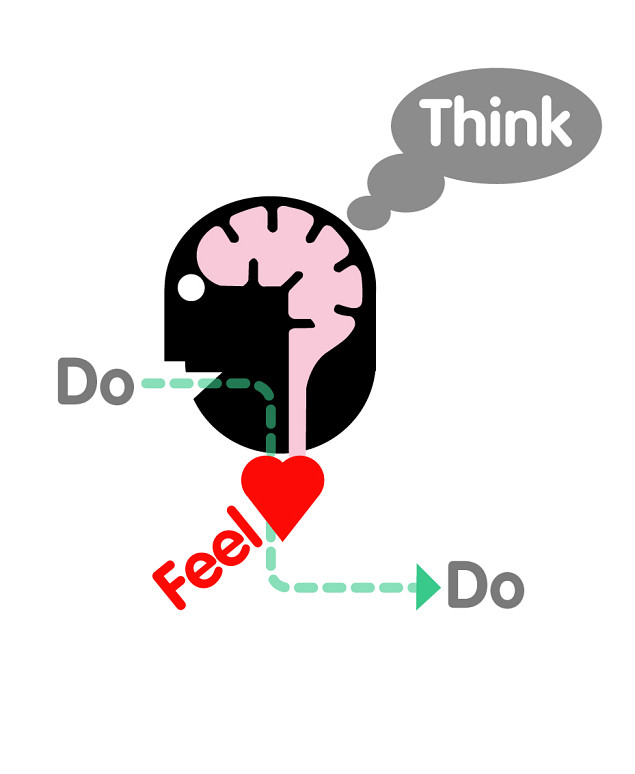
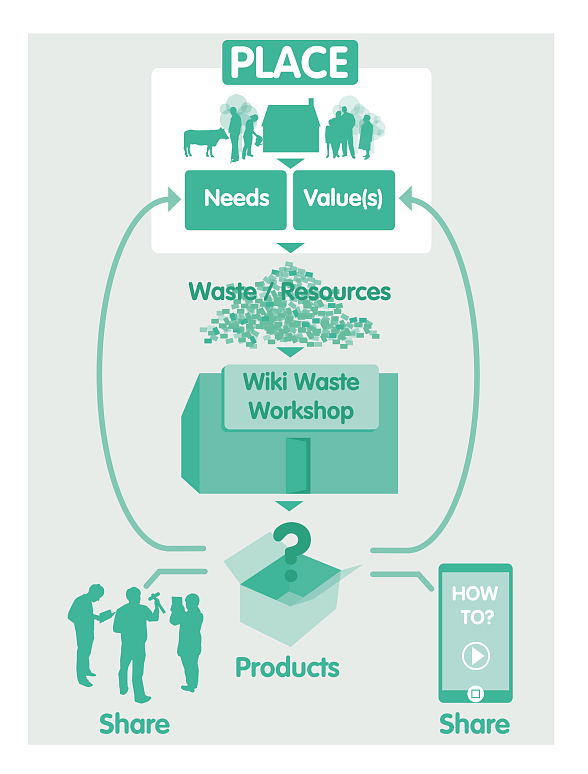
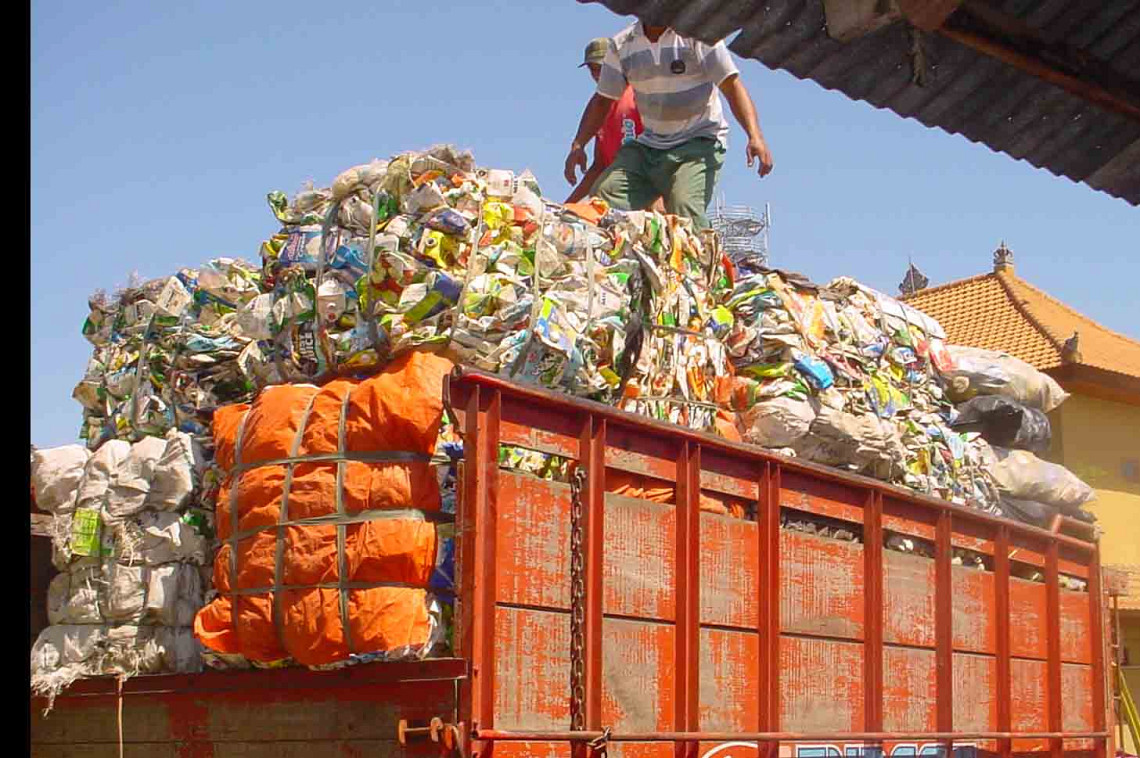
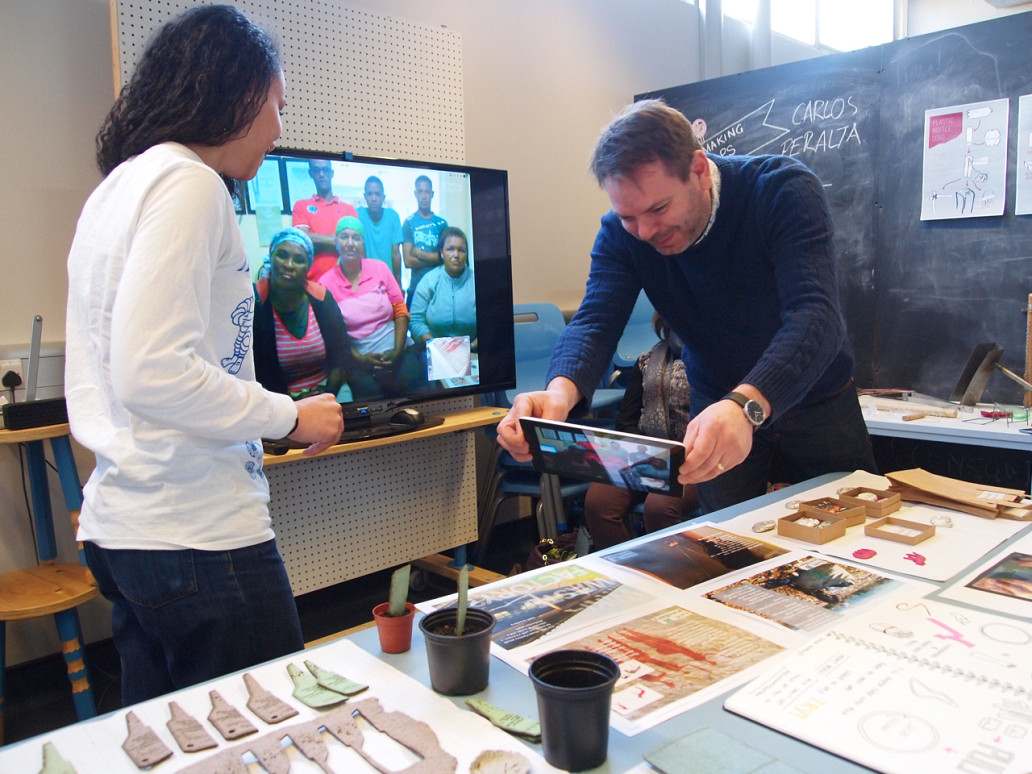
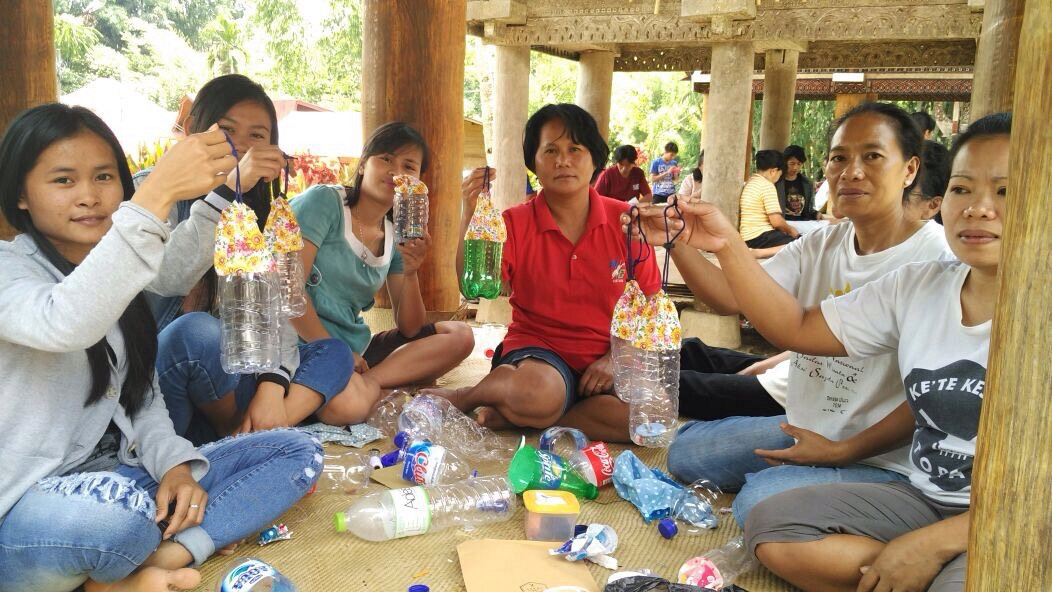
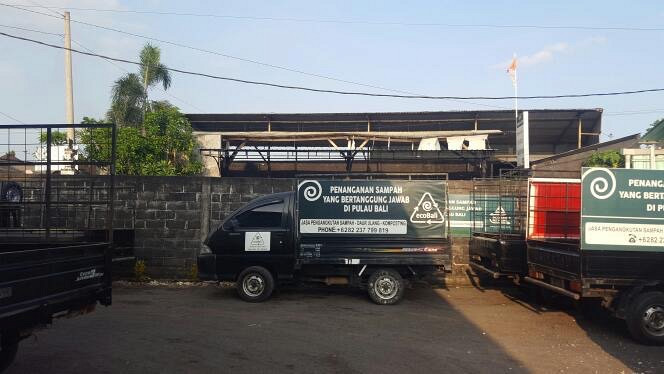
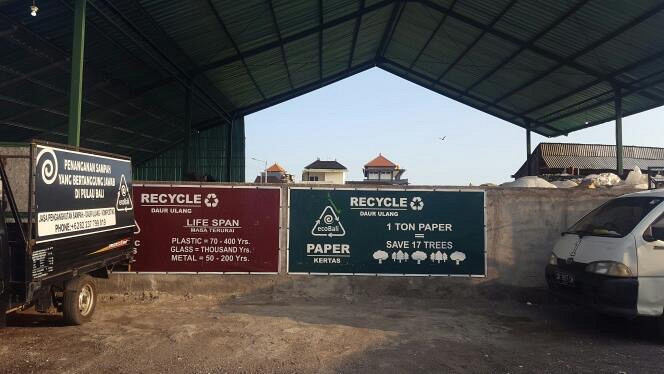
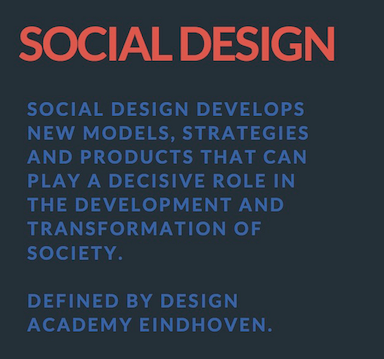
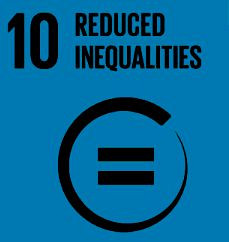
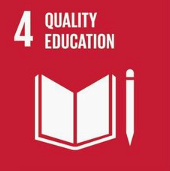
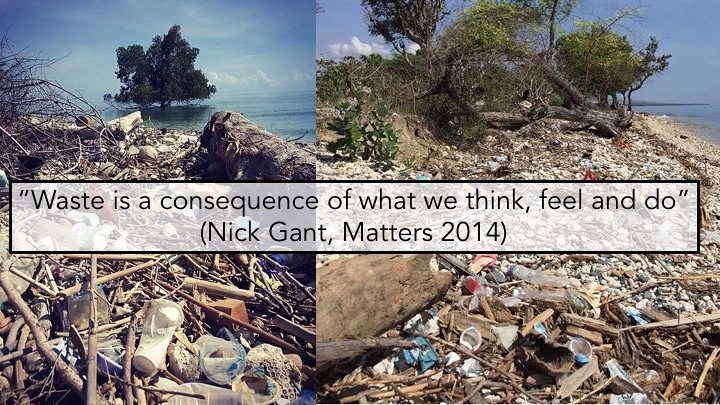
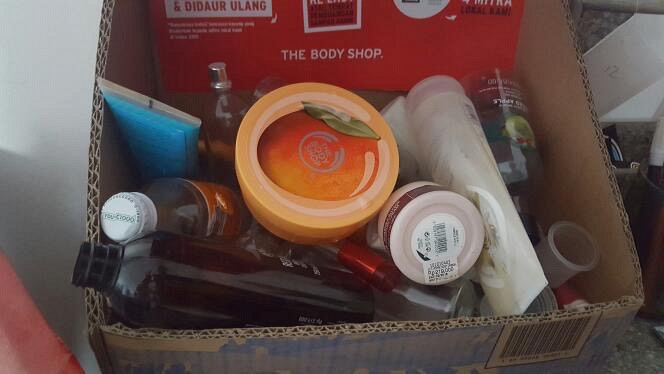
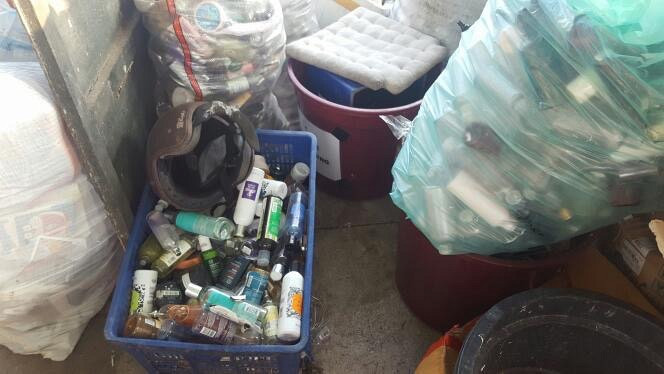
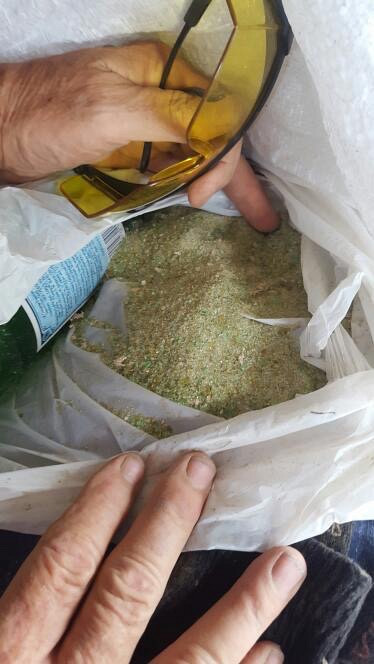
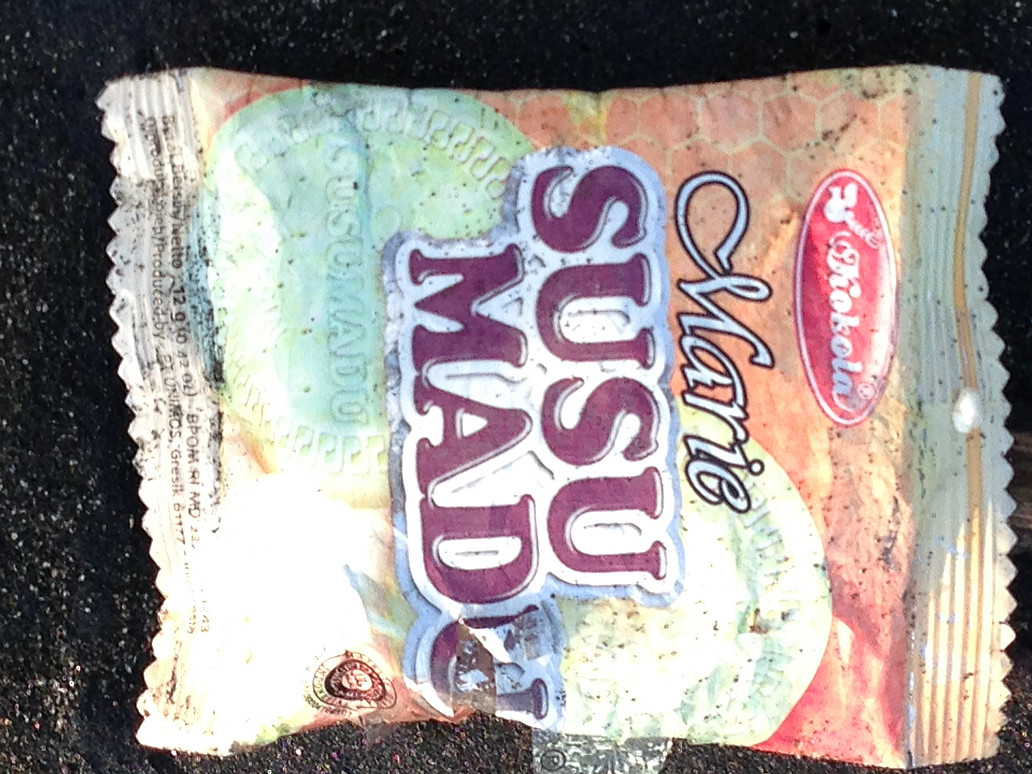
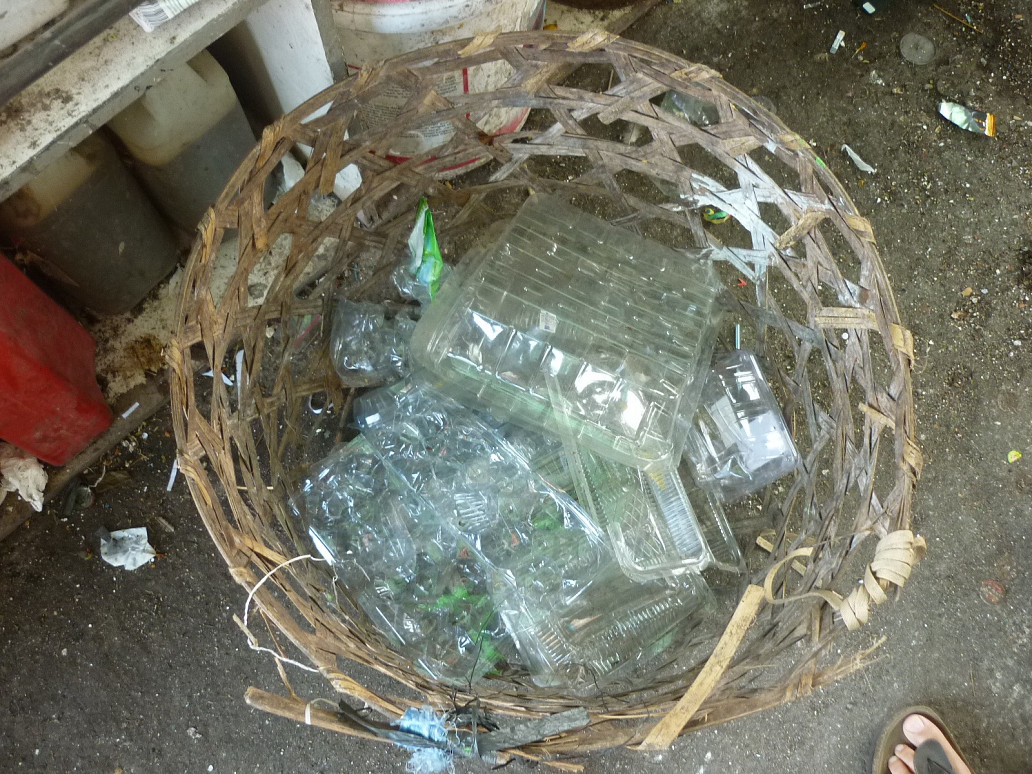
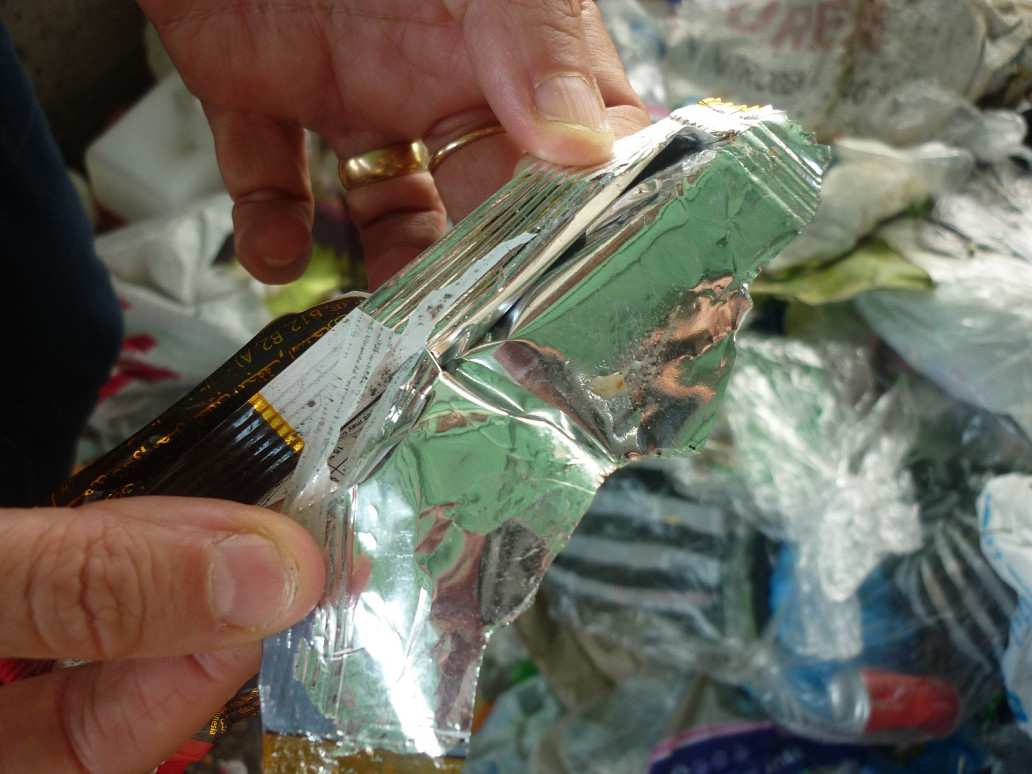
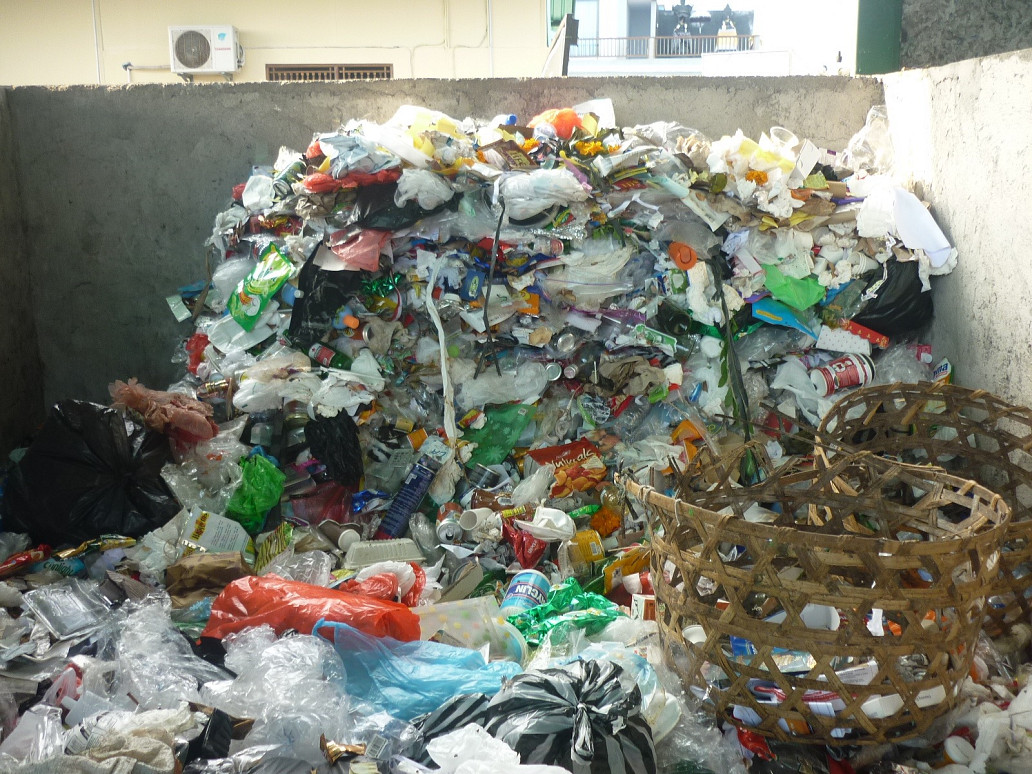
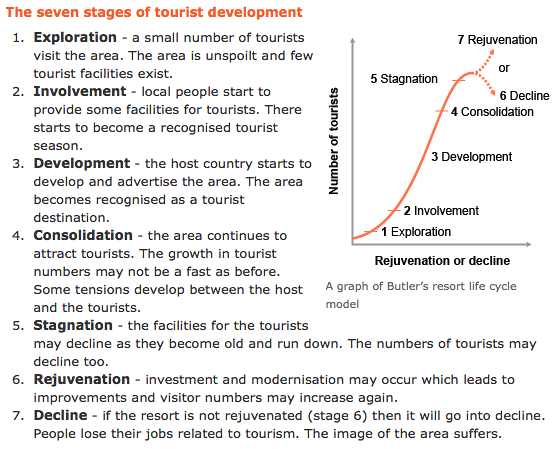
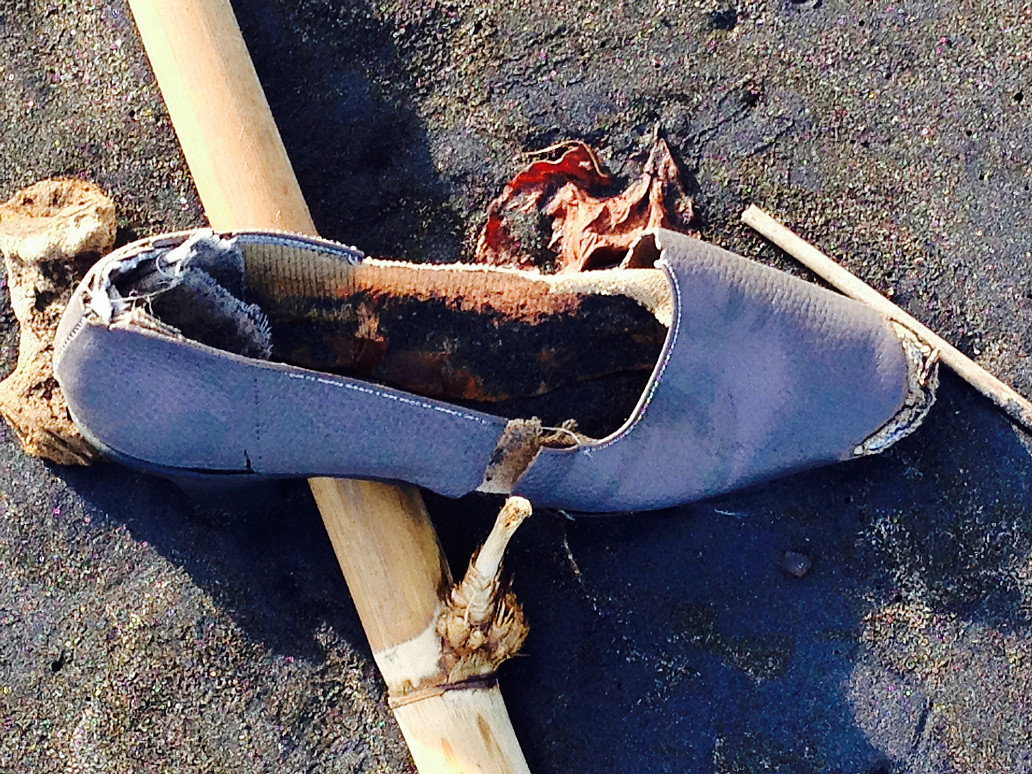
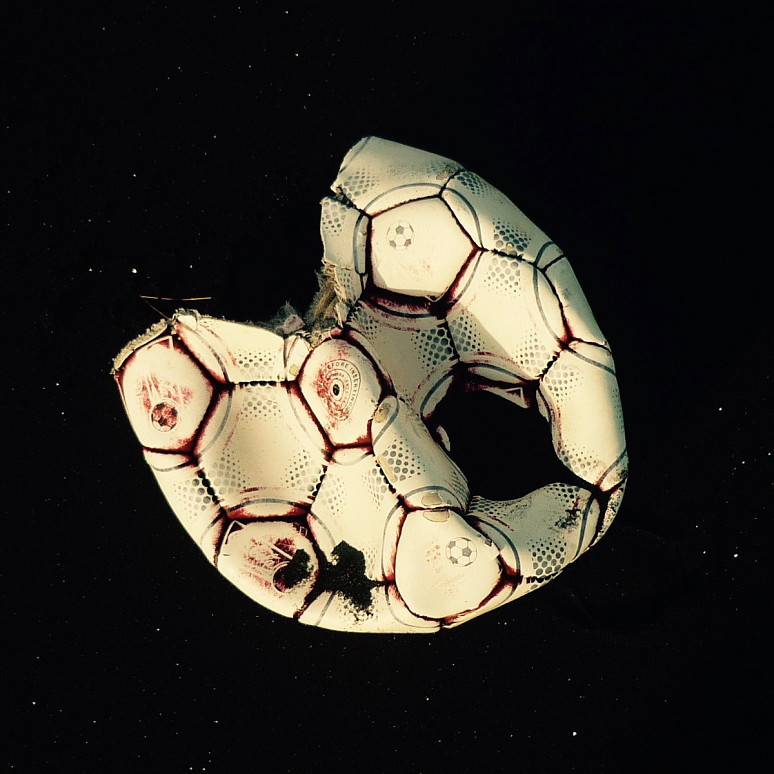
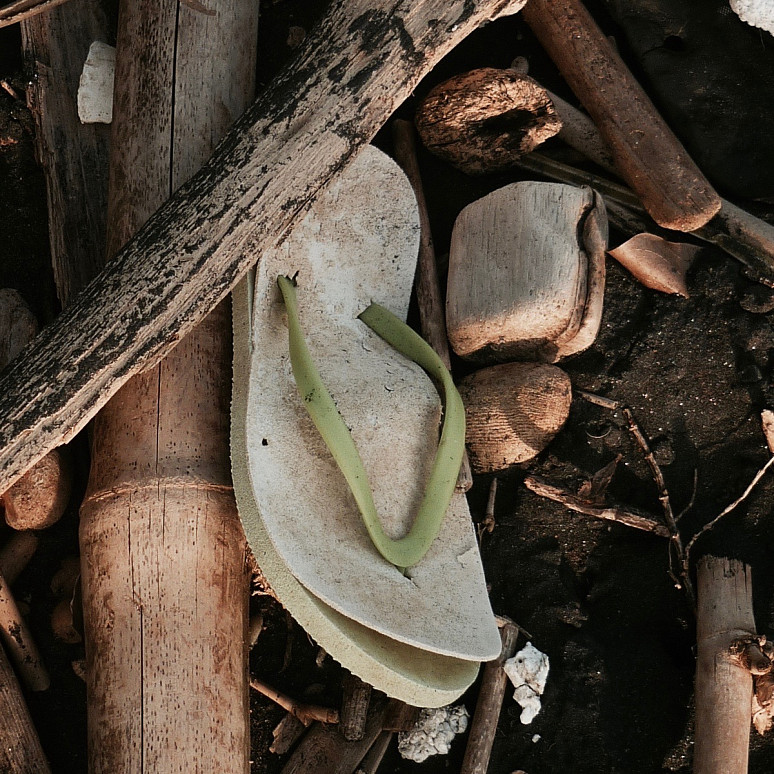
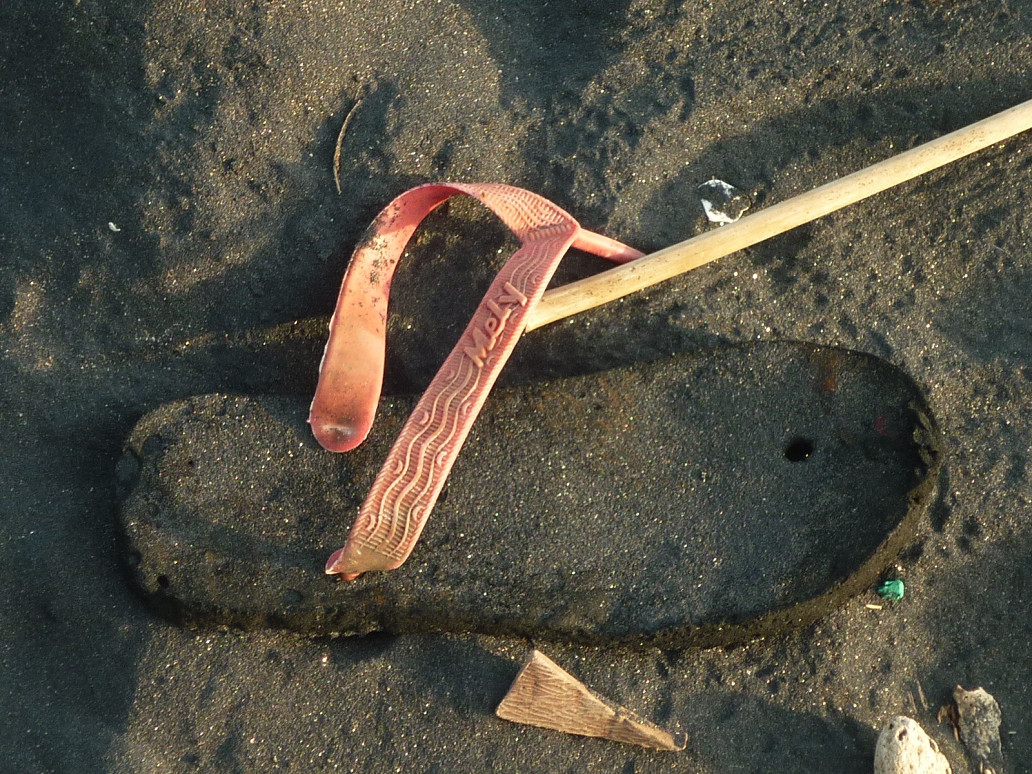
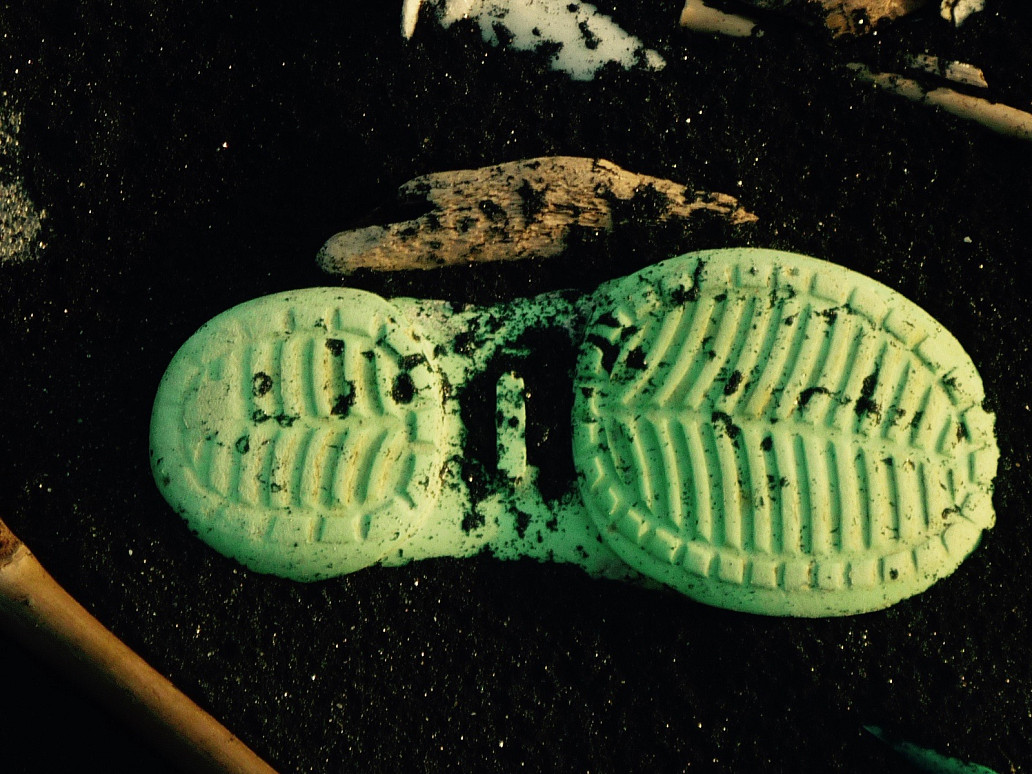
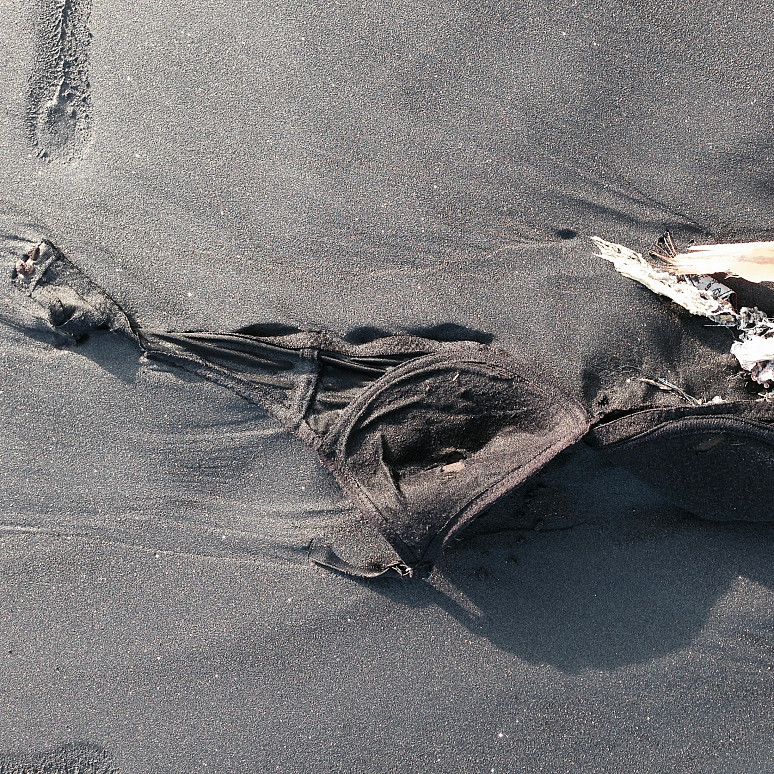
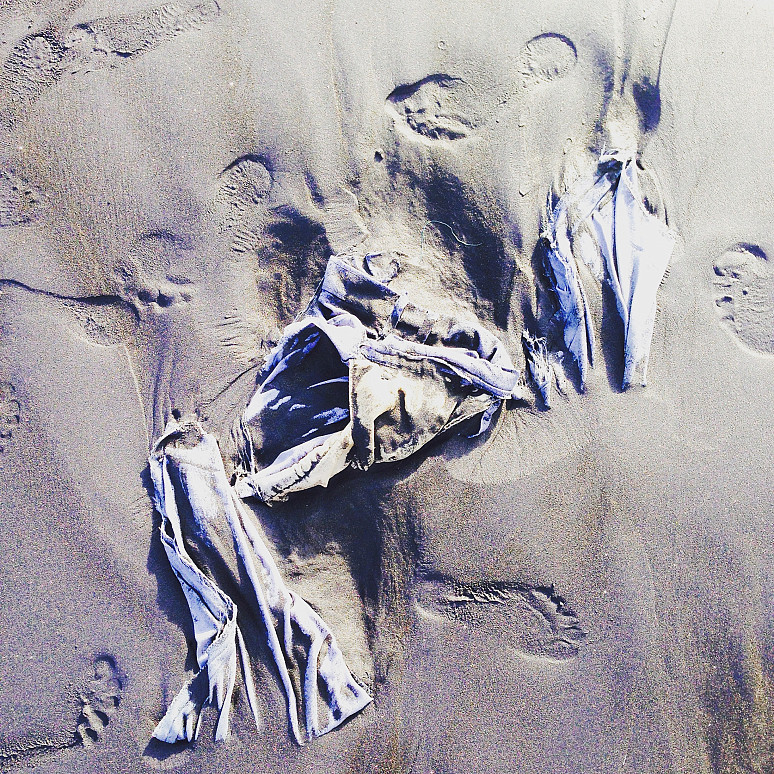
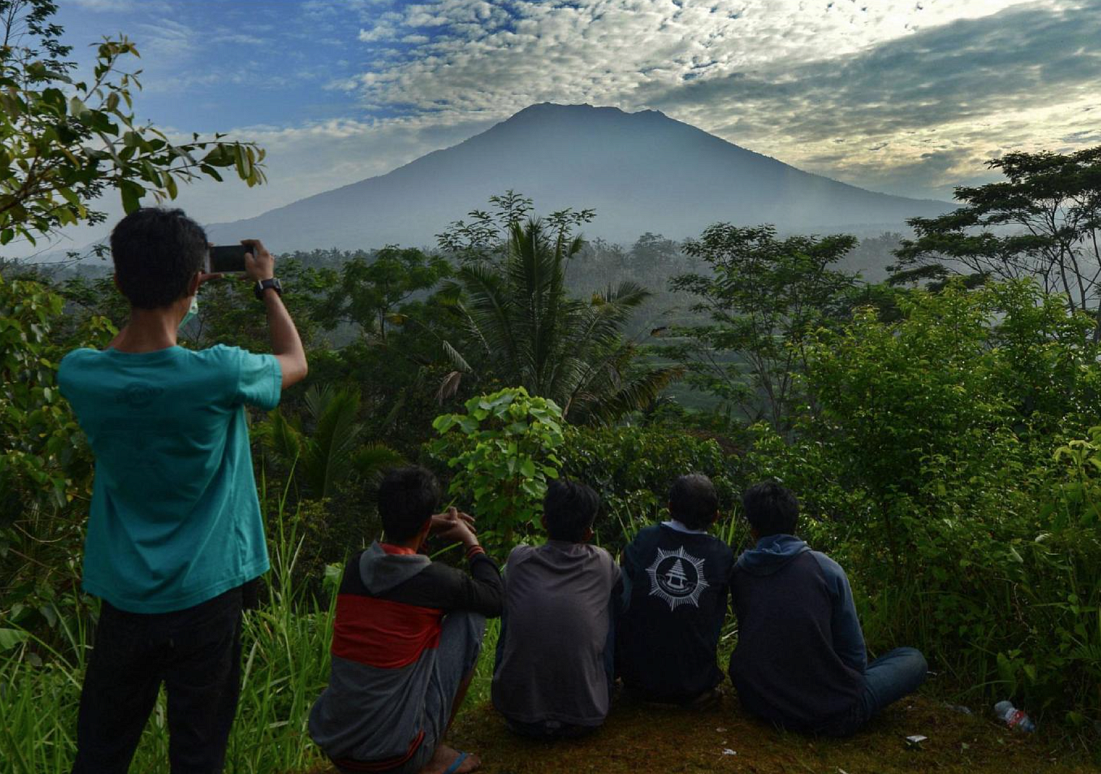
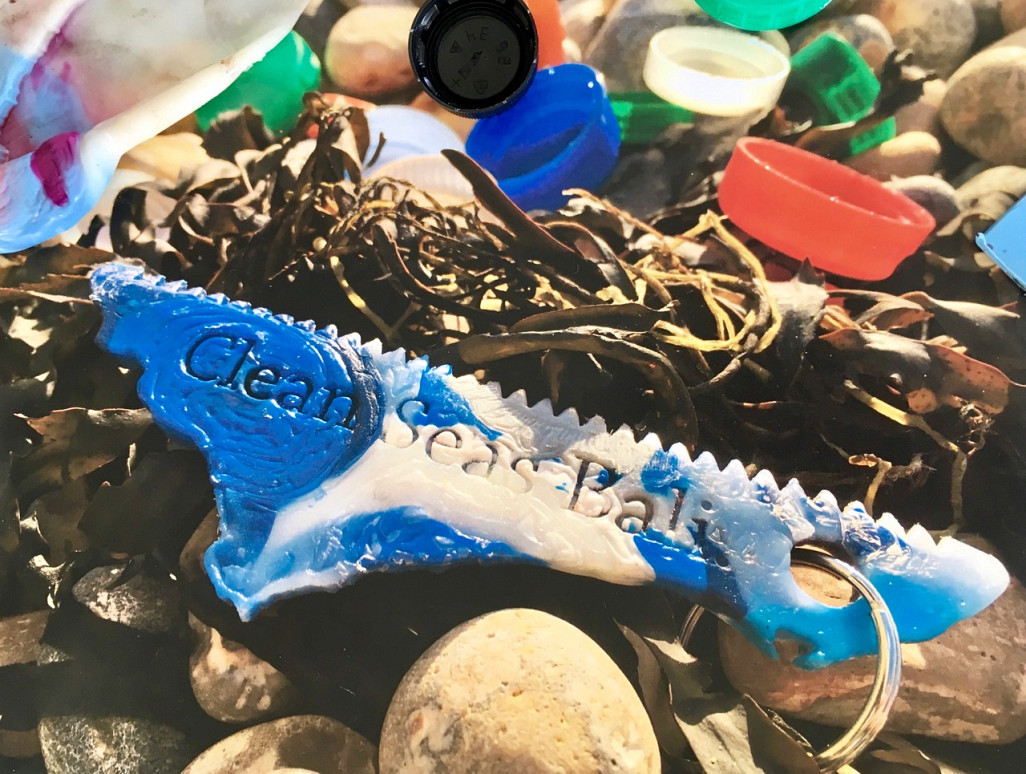
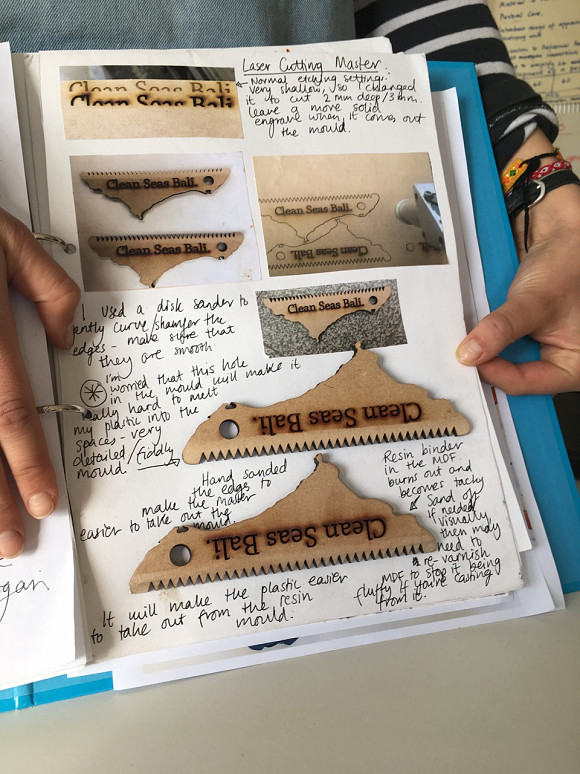
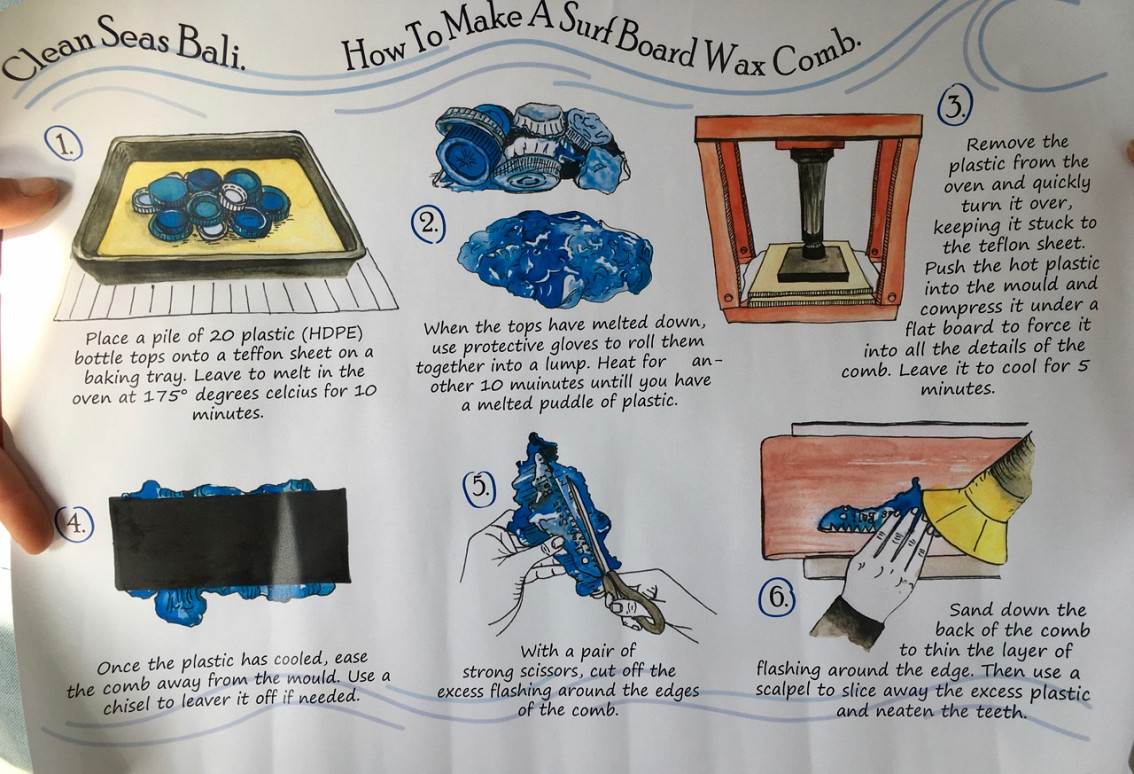
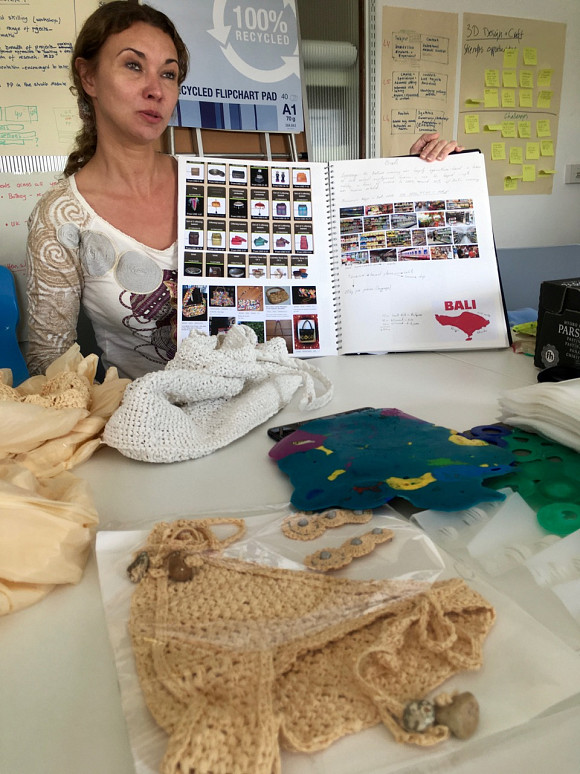
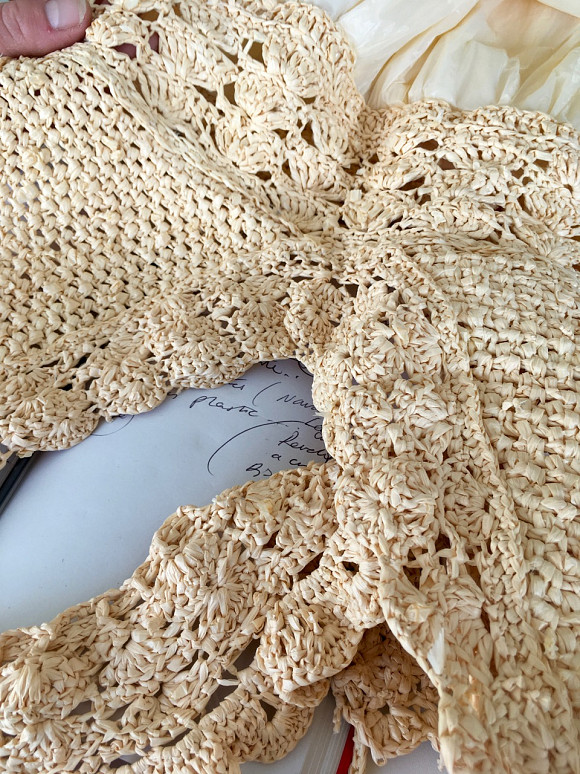
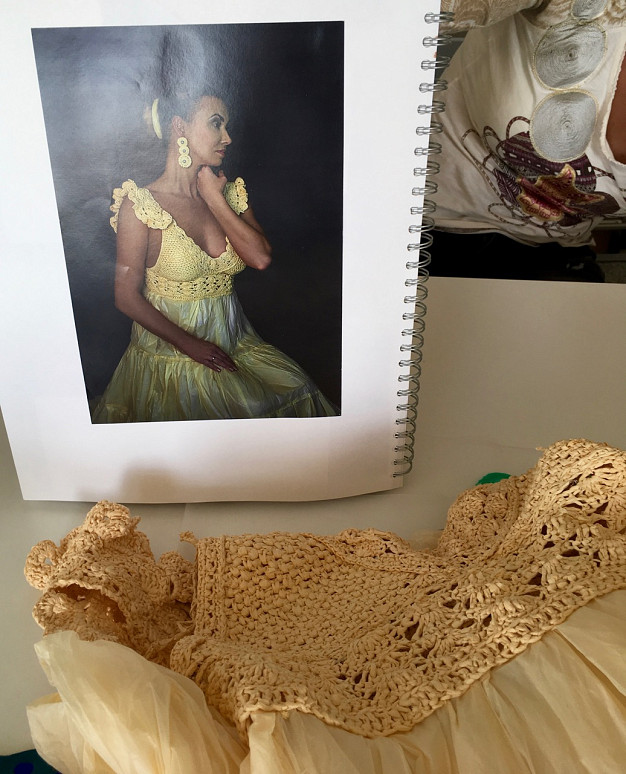
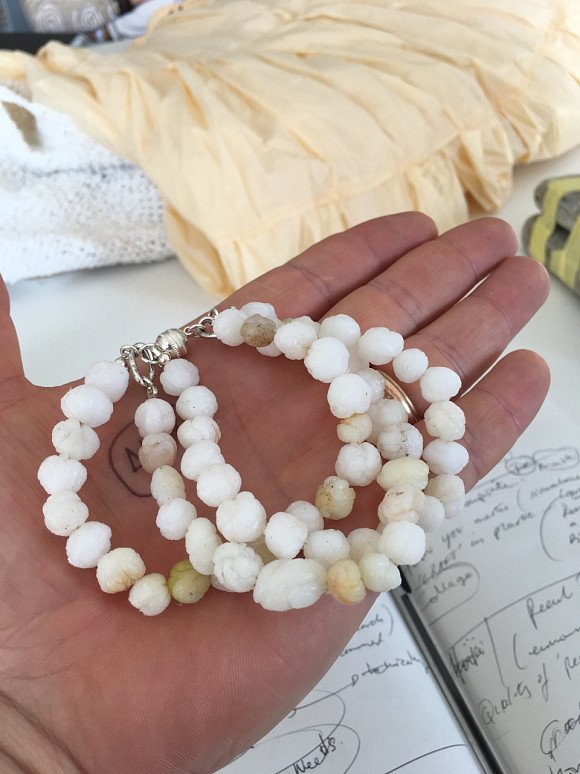
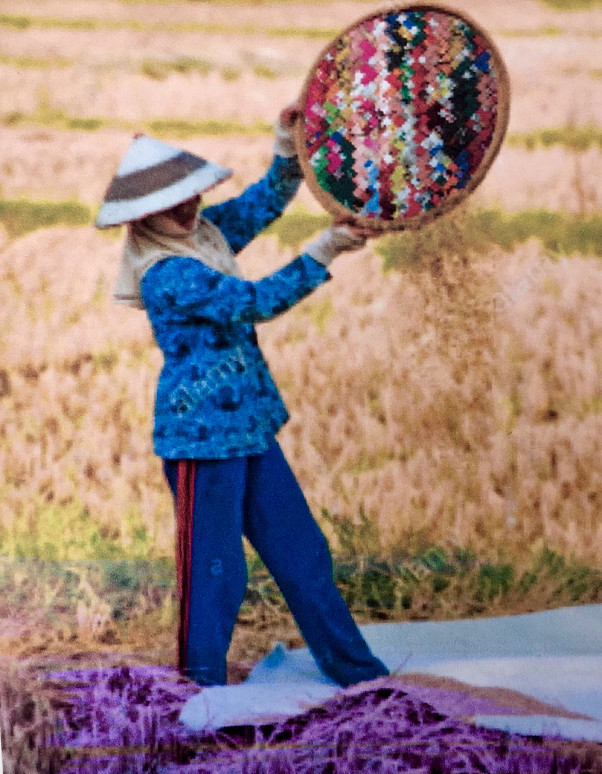
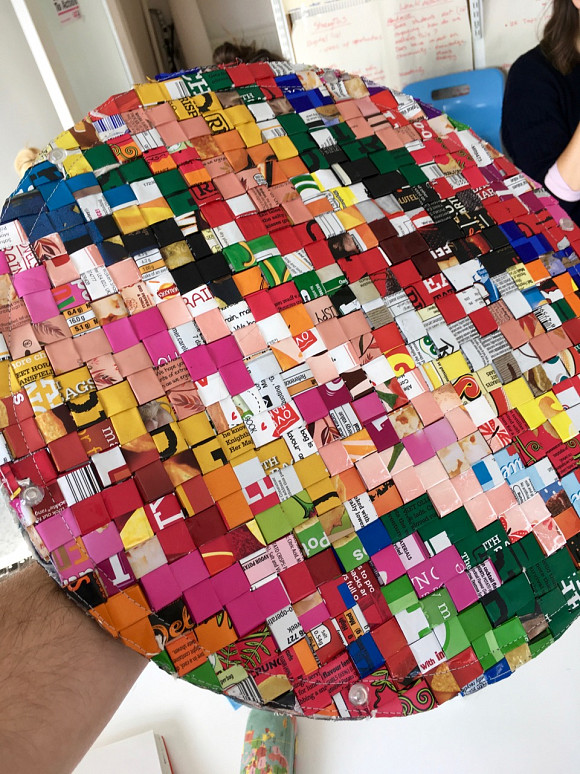
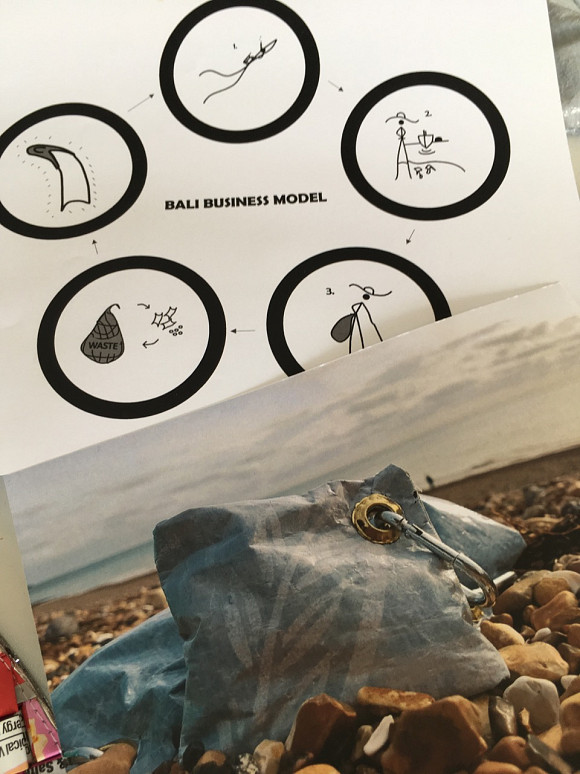
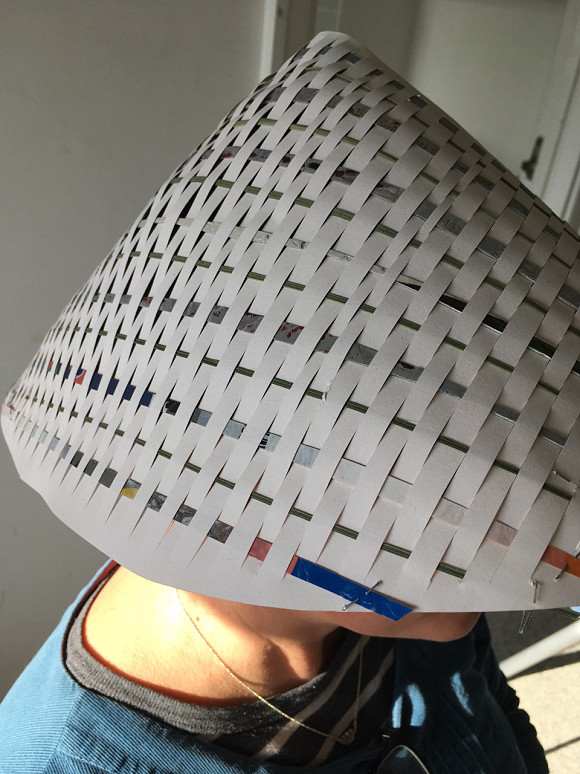
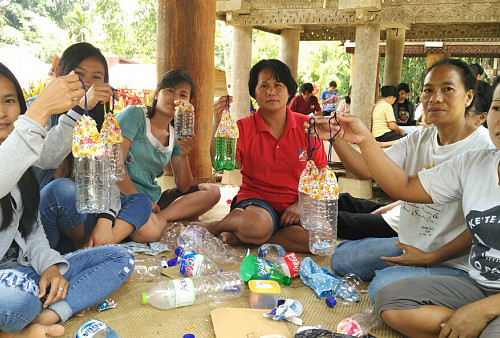
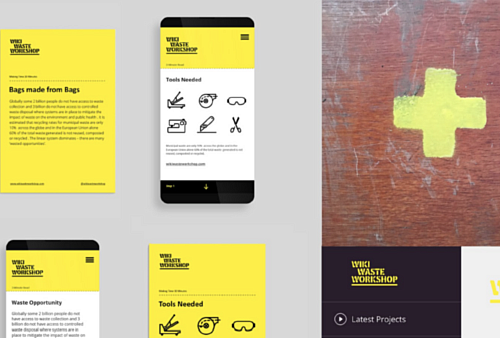

Comments
paola posted on 23 November 2017 14:14
Sorry forgot the jewellery, Is it made out of plastics? how? looks nice and would be great to understand the process. Thanks
paola posted on 23 November 2017 14:11
Hallo to all. I have seen the pictures of the first projects and prototypes. they all look very good to me and inspiring. I am sending some comments which are of course to be taken as constructive inputs. I love the link with the ricefields done with the hat and the large round tray used for rice (sorry don't know the proper word in english for it). Also the crochet is a great idea and looks very smart. so far I have seen this technique used to make bags although still not common. The risk is that people will like the idea but look for new plastic bags for its realisation (not the discarded ones) as it will be more complicated to find colours that match and in enough quantity as well as the used bags might not perform very well The comb is good as well and I think will be very interesting if only plastics collected on the beach could be used in making this item, we have to consider that plastic caps such as the one used in the prototype are highly recyclables and have a good price. Would be good to see if we could reach a similar result utilizing more of the plastics which are difficult to recycle. There is another item which looks like a bag and looks nice but i have not understood what is made of and how, sorry so maybe more info can be provided Look forward to hear more feedback from all of you. Ciao Paola
britta posted on 5 October 2017 09:59
Hi all -
I hope the project is going well.
I thought this link was fantastic to explain the volcano situation and more about the place :
http://fingfx.thomsonreuters.com/gfx/rngs/INDONESIA-VOLCANO/010051522JC/index.html
Nick posted on 25 September 2017 09:25
Thanks for the content guys looks brilliant and will really help us! Let's plan to Skype with you and some of your team / community in the coming weeks when we have produced some product!
paola posted on 24 September 2017 16:33
Hi Nick and all ok for me
Nick posted on 23 September 2017 21:02
Hi Paola and Britta thanks for taking the time to help us build a picture of the place, people, values, needs and waste streams so we can Wiki-Waste-Workshop some products.
It would be GREAT to Skype you and some of your community members?? Perhaps in 5 weeks when the first group have done some work..?
We may post some ongoing questions here if that's ok.